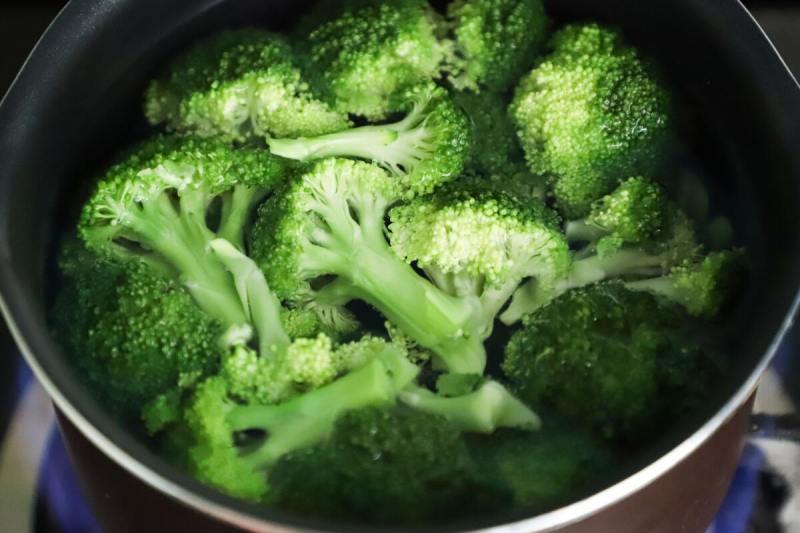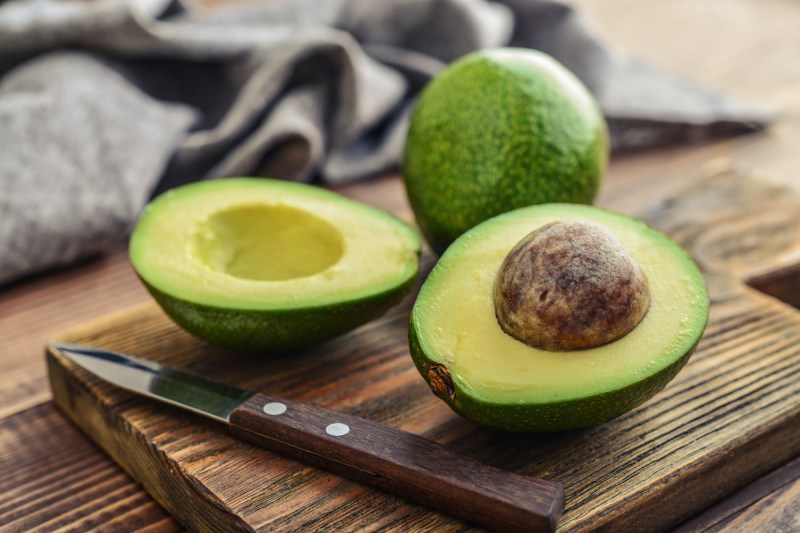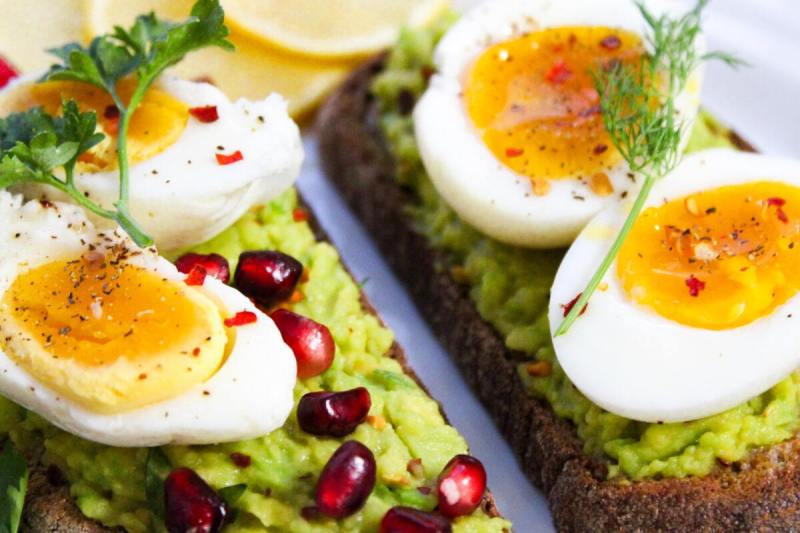If you are looking to improve your health, you likely know that nutrition is a fundamental aspect of that. The food we eat determines our energy levels, our weight, our risk for certain ailments, and more. Essentially, our daily diets can determine our overall quality of life.
Because of this, it is vital that you understand there is a whole list of vitamins that the body needs to thrive. Whether you are wondering “what are vitamins,” or you already have some knowledge of the nutrients, we have created a guide for you to make everything that much easier!
Vitamin A
- Benefits your vision
- Supports the immune system
- Aids development in the womb
- Promotes bone health
- Helps the reproductive system
Vitamin C
- Aids with wound healing
- Helps manage blood pressure
- Promotes heart health
- Boosts immunity to help prevent sickness
- Supports energy levels
Vitamin D
- Aids proper absorption of minerals
- Promotes bone health
- Helps control infections
- Improves mood
- Can lower your risk of developing diabetes
Vitamin E
- Protects your cells from free radicals
- Promotes healthy skin
- Benefits kidney function
- Helps treat wrinkles and fine lines
- Aids maintenance of a healthy weight

Vitamin K
- Reduces blood clotting
- Helps minimize nausea
- Benefits blood sugar levels
- Promotes strong and healthy bones
- Can decrease the risk of fractures
Thiamine (vitamin B1)
- Helps with leg cramps and muscle weakness
- Promotes eye health
- Boosts brain health
- Supports energy levels
- Can aid memory preservation
Riboflavin (vitamin B2)
- Protects the cells from free radicals
- Reduces inflammation
- Boosts energy levels
- Maintains healthy blood cells
- Promotes a fast metabolism
Niacin (vitamin B3)
- May help reduce blood pressure
- Boosts brain health
- Promotes healthy skin
- Supports the digestive system
- May positively affect cholesterol levels

Pantothenic acid (vitamin B5)
- Nourishes and strengthens hair follicles
- May help reduce triglyceride levels
- Can help minimize acne
- Aids the body in making blood cells
- Creates sex and stress-related hormones
Biotin (vitamin B7)
- Promotes heart health
- Helps regulate the metabolism
- Reduces blood sugar levels
- Boosts skin health
- Aids hair health and appearance
Vitamin B6
- Helps prevent anemia
- Boosts brain health
- Supports the immune system
- Promotes sleep
- Improves your mood
Vitamin B12
- Promotes the health of nerve cells
- Helps prevent anemia
- Boosts energy levels
- Can promote a healthy heart rate
- Aids in the formation of red blood cells
Folate
- Boosts energy levels
- Helps the digestive system
- Promotes brain and nerve function
- Aids blood cell function
- Boosts skin health

10 nutrient-dense foods to include in your diet
Now that you understand how each of the vitamins can benefit you, what foods should you start eating? Luckily, many foods are rich in numerous vitamins, not just one. Consider consuming the following foods on a regular basis to boost your overall health.
- Spinach
- Salmon
- Chia seeds
- Sweet potatoes
- Kale
- Blueberries
- Avocados
- Eggs
- Garlic
- Swiss chard




